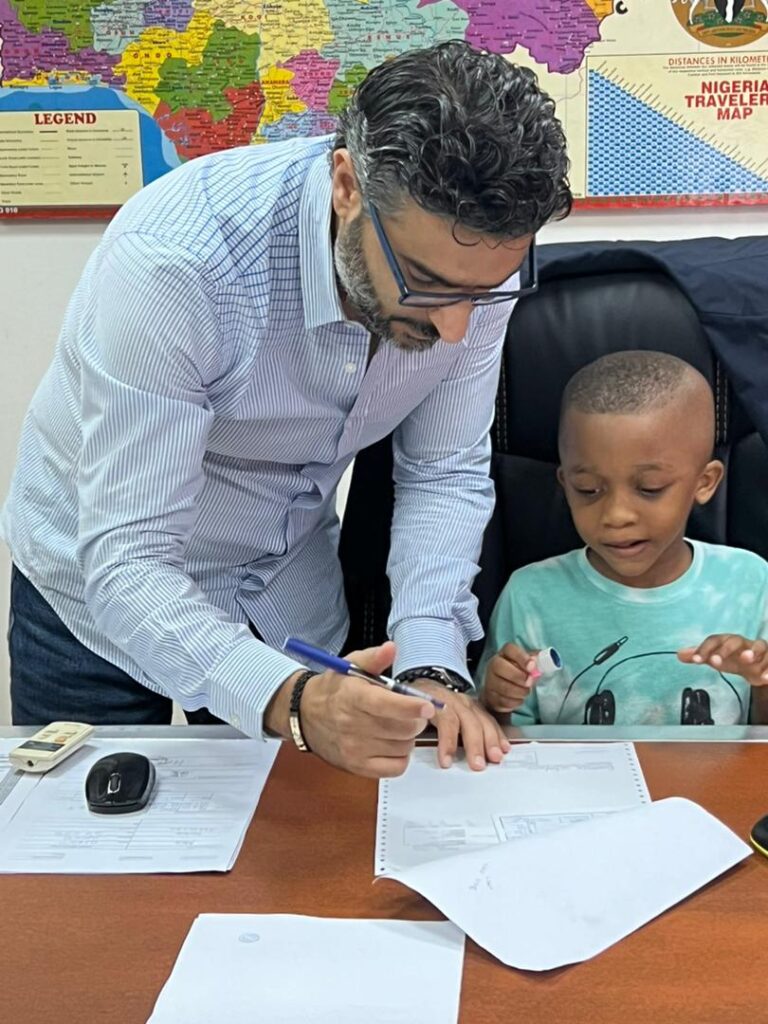
As an expatriate working in Africa, your role is more than just doing your job. You have a chance to make a real difference by training and developing the local workforce. With 12 years of experience in training Nigerians and helping them grow professionally, I have seen the positive impact of good mentorship and skill-building. Nigerians expect you to train and educate them, and it is your duty to fulfill these expectations. This guide will show you how to teach, train, and create a succession plan, ensuring you leave a lasting legacy.
1-Before starting any training programs, it’s important to understand the local culture, social norms, and economic conditions. This will help you design training methods that are respectful and effective.
2-Trust is key to successful training. Get to know your local employees personally. Respect their traditions and values. Building strong relationships will create a positive environment where employees feel valued and eager to learn.
3-Find out what skills and knowledge local employees are lacking. This will help you design a focused training program.
4-Create a training plan that includes both theory and practical skills. Make sure the training materials are relevant and easy to understand.
5- Identify potential local leaders and train them thoroughly. They can then pass on their knowledge to others.
6- Practical, on-the-job training is often more effective than classroom learning. Provide real-life scenarios and projects for trainees to work on.
7-Introduce new technologies that can improve productivity and efficiency. Provide detailed training on these technologies, ensuring that local employees are comfortable and skilled in using them. Show them the long-term benefits of adopting these new tools.
9-Promote a culture of continuous learning and development. Encourage local employees to pursue further education and training opportunities. Provide resources and support for their professional growth.
10-Find employees who have the potential for leadership roles. Assess their skills, performance, and willingness to take on new responsibilities.
11-Mentor and coach, the identified successors. Share your knowledge and experience to prepare them for future leadership roles.
12-Create a clear plan for handing over responsibilities. Make sure the successors are well-prepared and confident in their new roles.
13-Even after leaving the country, stay available for advice and support. This ongoing relationship will reinforce the training and development efforts.
14-To leave a lasting legacy, create sustainable systems and processes that will continue to benefit the local community long after you leave. Document your training programs, share best practices, and ensure that local employees have access to these resources.
Finally, your time as an expatriate in an African country is an opportunity to make a significant contribution to the local community. With 12 years of experience in training Nigerians, I have witnessed the incredible potential that can be unlocked through dedicated training and mentorship. By training, educating, and developing a strong succession plan, you can leave an unforgettable mark. Your legacy will be remembered not just for the skills and knowledge you imparted, but for the positive impact you had on the lives of local people. Embrace this responsibility with dedication and commitment, knowing that your efforts will have a lasting and meaningful impact.
I need your financial assistance. I have a passion for Tech. I want to enroll for Artificial Intelligence course. Unfortunately, I do not have the fund to enroll. I will appreciate if you can help me. Thanks
Hi albert, youtube offers free training on AI.